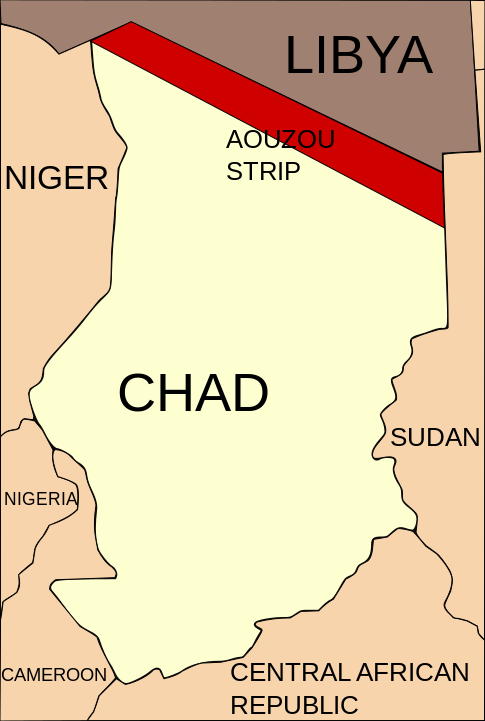In a dramatic escalation of the ongoing conflict in Libya and its neighboring countries, Libyan troops loyal to eastern strongman Khalifa Haftar have initiated an airborne assault on a Chadian rebel headquarters situated in the southern desert. This audacious operation took place last Friday with the intent to suppress the influence of rebel factions operating along the Chadian-Libyan border.
Libyan-Chadian Border Skirmish: The Historical Root Causes
To understand the recent escalation, it’s important to delve into the historical root causes of the conflict. The seeds of Libya’s instability were sown decades ago, during the four-decade rule of Colonel Muammar Gaddafi. Gaddafi’s iron-fisted regime suppressed opposition and dissents, while his divisive policies led to regional imbalances and social tensions. In the 1980s, Libya was involved in several conflicts, including clashes with neighboring countries like Chad and Egypt. Perhaps most notably, Libya was linked to the bombing of Pan Am Flight 103 over Lockerbie, Scotland, in 1988. The fall of Gaddafi’s regime in 2011, triggered by a NATO-backed uprising, created a power vacuum and fragmentation of the country into competing armed groups vying for control.

The Emergence of Rival Administrations
Out of this chaos emerged two main power centers in Libya: the UN-backed government in Tripoli, led by Prime Minister Abdelhamid Dbeibah, and the administration backed by Khalifa Haftar, based in the eastern part of the country. This division created a deeply polarized political landscape, with each administration receiving support from different foreign actors and armed groups.
Forging Alliances Across Borders
The stop-start conflict, which has gripped Libya for over a decade, led its rival leaders to forge alliances with various rebel factions in neighboring Chad and Sudan. These alliances blurred the lines between domestic and regional conflicts, adding layers of complexity to an already convoluted situation. Rebel factions took advantage of porous borders and shared ethnic ties to gain support and establish footholds in neighboring countries.
